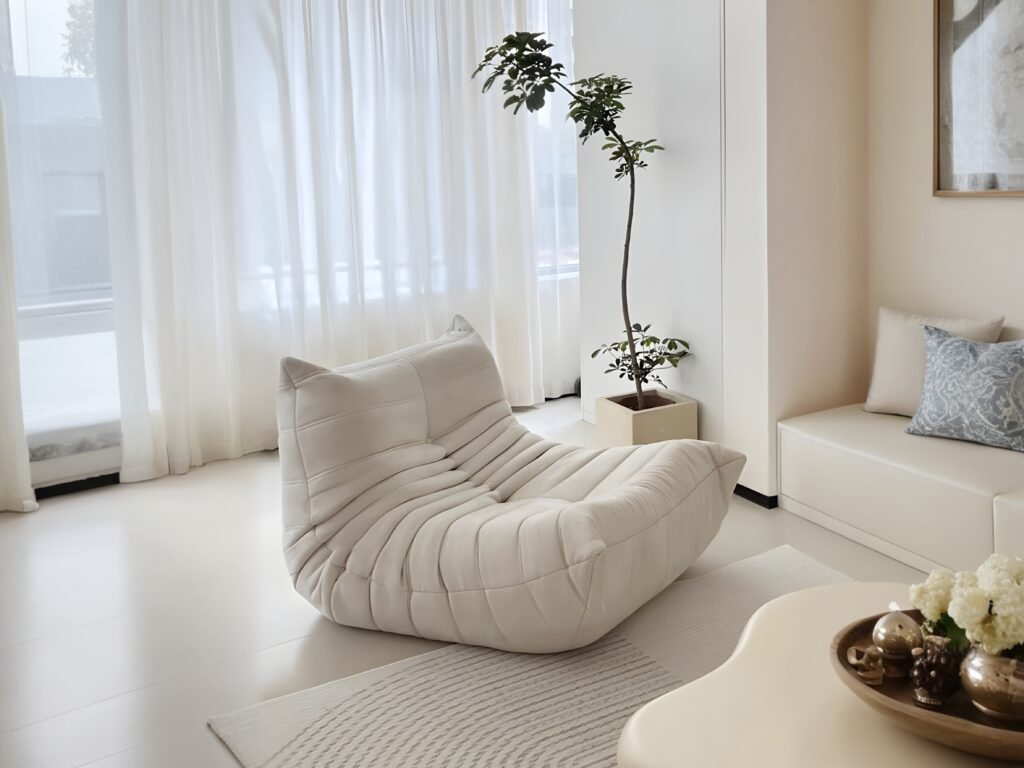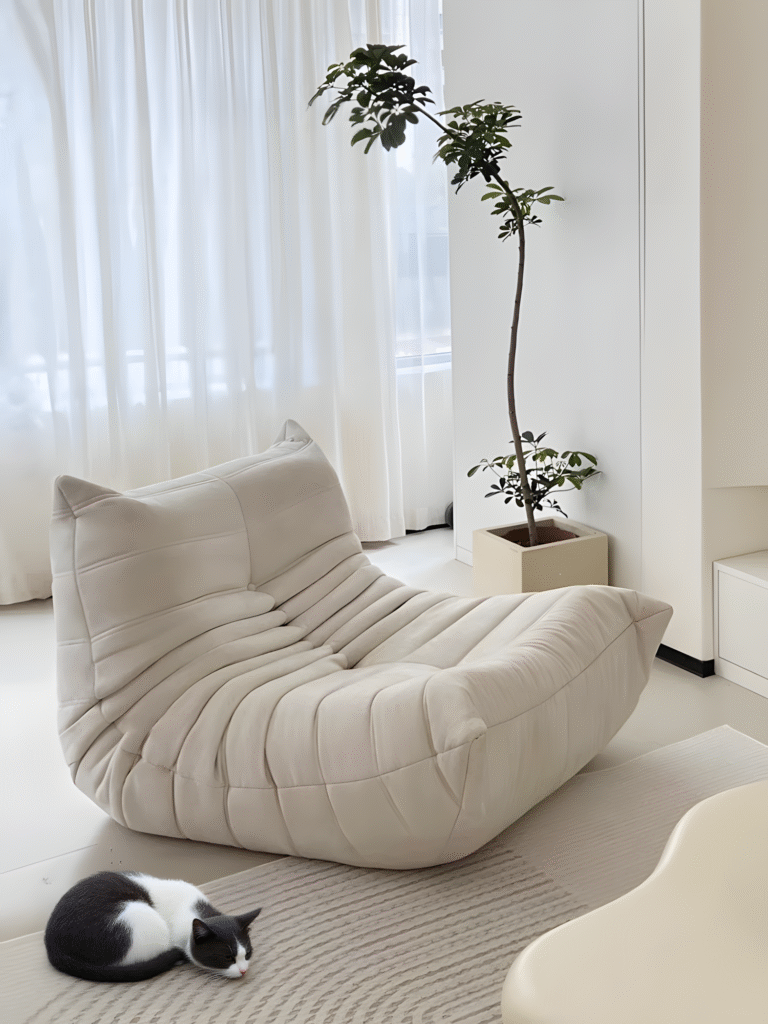
Introduction
In the dynamic B2B furniture market, packaging innovation is critical for operational efficiency, cost control, and brand differentiation. Much like the hot sauce industry’s preference for small glass bottles to address consumer convenience, portion control, and premium branding1, the furniture sector has increasingly adopted smaller compress units for sofa beds. This approach is not only a response to evolving market needs but also a strategic move that benefits manufacturers, distributors, and retailers across the global supply chain.
Meeting Diverse B2B and Consumer Needs
1. Convenience and Flexibility for End Users
Just as small hot sauce bottles allow consumers to try new flavors without committing to large quantities, smaller compress units make sofa beds easier to transport, maneuver, and install in urban apartments, dorms, or hospitality settings. This convenience is especially valuable for B2B clients targeting city dwellers or those with space constraints.


2. Enhanced Portability and Logistics Efficiency
Small packaging units are easier to handle, stack, and store—mirroring the logistical advantages of mini hot sauce bottles for retailers and distributors1. For B2B furniture shipments, this translates to optimized container loading, reduced risk of damage, and lower labor costs during warehousing and delivery.
Premium Branding and Market Differentiation
1. Customization and Upscale Appeal
In the same way that glass hot sauce bottles are used for premium branding and creative packaging, smaller compress units give furniture brands the opportunity to offer unique, customizable packaging that enhances the unboxing experience and reinforces a high-quality image1. B2B buyers, especially in hospitality or luxury rental markets, value this differentiation.
2. Portion Control and Product Versatility
Smaller units allow for modular sofa bed designs, enabling B2B clients to mix and match components or offer flexible configurations for various room sizes and layouts. This versatility supports a broader product portfolio and appeals to a wider range of commercial buyers.
Cost-Effectiveness and Turnover
1. Lower Shipping and Storage Costs
Just as retailers benefit from the easy storage and frequent turnover of small hot sauce bottles, B2B furniture brands gain from reduced shipping volumes and more efficient warehouse management when using smaller compress units1. This approach minimizes excess inventory and supports just-in-time delivery models.
2. International Market Adaptability
Smaller packaging units are particularly advantageous for export and international markets, where shipping regulations, customs, and consumer preferences can vary widely. Compact, standardized units simplify compliance and appeal to global distributors.
Sustainability and Environmental Impact
1. Reduced Packaging Waste
Smaller compress units often require less material and enable more precise use of recyclable or biodegradable packaging—aligning with sustainability trends and the B2B sector’s growing focus on ESG goals2.
2. Lower Carbon Footprint
By maximizing container utilization and minimizing shipping frequency, brands can significantly reduce their logistics-related emissions, supporting both environmental responsibility and cost savings.


Conclusion
Sofa beds are often packaged in smaller compress units because this strategy delivers convenience, flexibility, and efficiency for B2B stakeholders while enhancing brand value and supporting sustainability goals. Drawing inspiration from the hot sauce industry’s success with small bottles, furniture brands can leverage compact, premium packaging to meet the needs of modern markets and position themselves as leaders in innovation and responsible business.